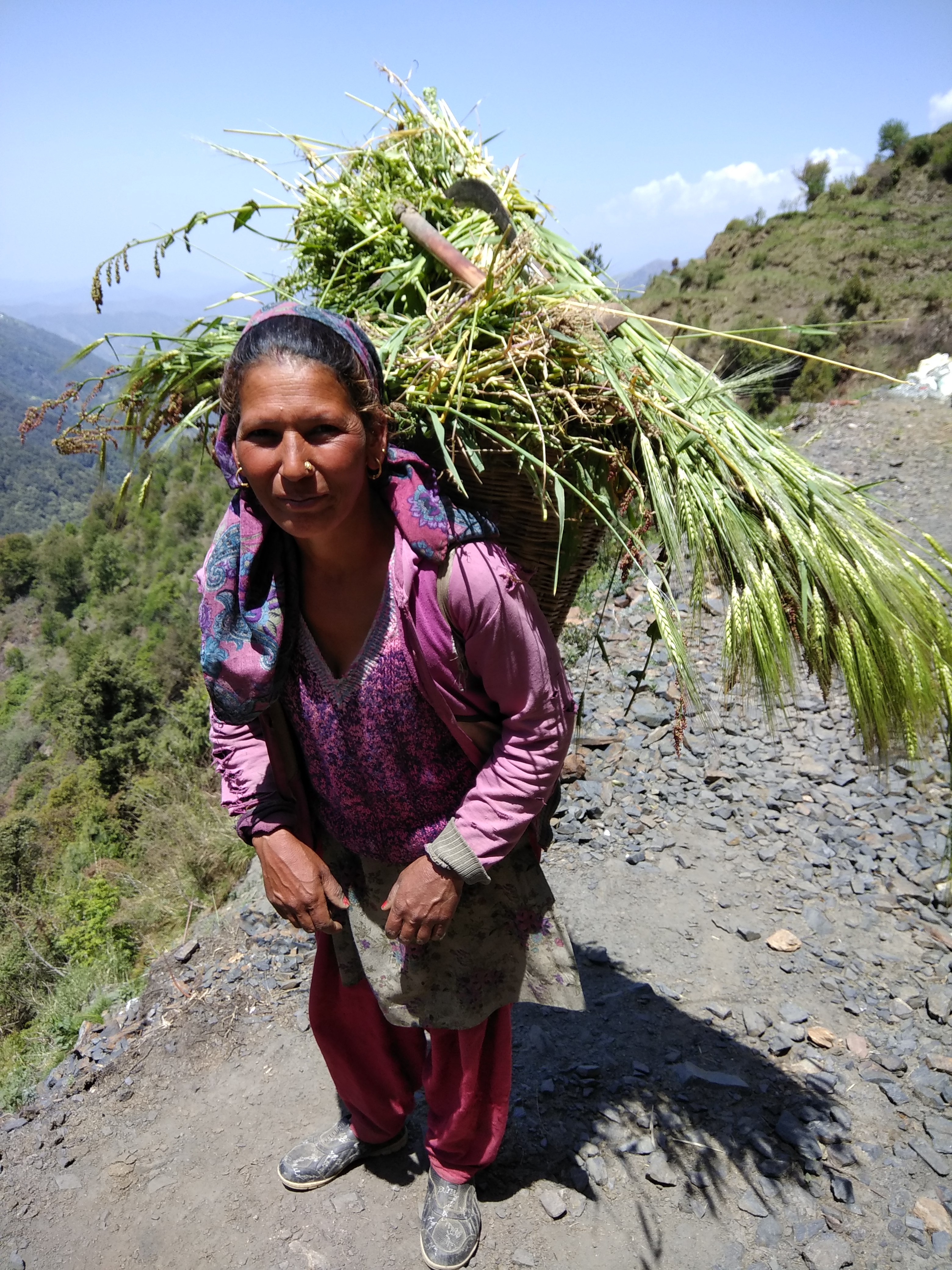|
Eco-Tourism: Potential Opportunity
But being a proponent of sustainable development, I cannot advocate tour operators and corporates from hospitality industry to pound on these little places stripping off their pristine way of life and indiscriminately exploiting them commercially. Eco-tourism or responsible tourism can be a plausible answer. The tourism sector in India clocks one of the fastest growth rate in contributing towards our national GDP making us the third largest tourism economy in the world. I view eco-tourism to be the vehicle of growth in the coming time due to the abundance of natural beauty in India and the growing demand for using natural resources responsibly. India is full of colours and fragrances and the only thing we need to do is package them and sell them to the world in a sustainable manner. Coming back to Thatta, it can be developed as an eco-tourism spot, with women of the village taking the lead role, where the tourists can come and stay in the village in home-stays developed in the local houses. Women of the village could be trained to introduce the tourists to local cuisine, local agricultural practices and other leisure activities like trekking, vegetable cultivation, local sports and even making handicrafts. Since the women are well acquainted with the locally available medicinal and aromatic plants, they can introduce the tourists to them as well. This will not only increase the income of the women but also empower them socially. Eco-tourism can thus augment women empowerment. The dream for Thatta, can be replicated in numerous rural areas throughout the length and breadth of India. The day is not far when women of the villages of India will be an empowered lot both financially and socially and eco-tourism will certainly play a big role in translating their dreams into realities.■
Gitika Goswami
|
 mountains, is so picturesque that
the surroundings cast its spell as soon as one steps in it. The first
thing that struck me is the quantum of tourism potential the area holds.
On further exploration, it was revealed that the industrious village
women of Thatta take care of agriculture, livestock rearing and even
make handicrafts like mats, baskets and other products from locally
available grass besides taking care of their household chores. If there
can exist so many Tuscany winery tours, why canít there be some
Himalayan trails exploring the lives of the people, local cuisines,
festivities and nature?
mountains, is so picturesque that
the surroundings cast its spell as soon as one steps in it. The first
thing that struck me is the quantum of tourism potential the area holds.
On further exploration, it was revealed that the industrious village
women of Thatta take care of agriculture, livestock rearing and even
make handicrafts like mats, baskets and other products from locally
available grass besides taking care of their household chores. If there
can exist so many Tuscany winery tours, why canít there be some
Himalayan trails exploring the lives of the people, local cuisines,
festivities and nature?